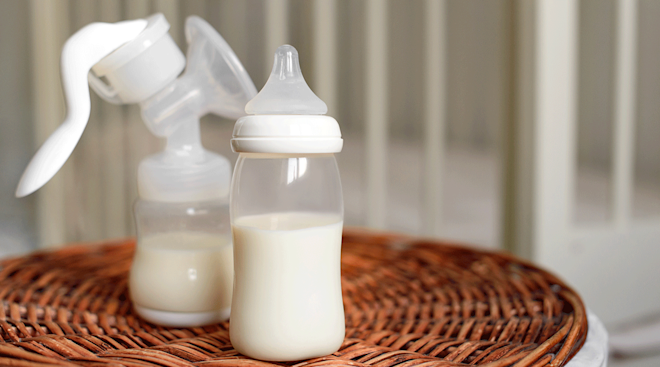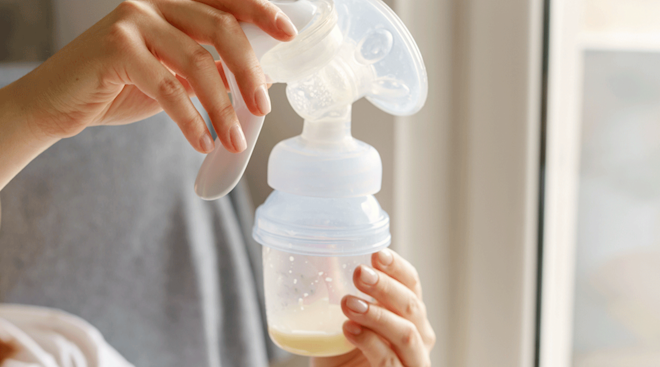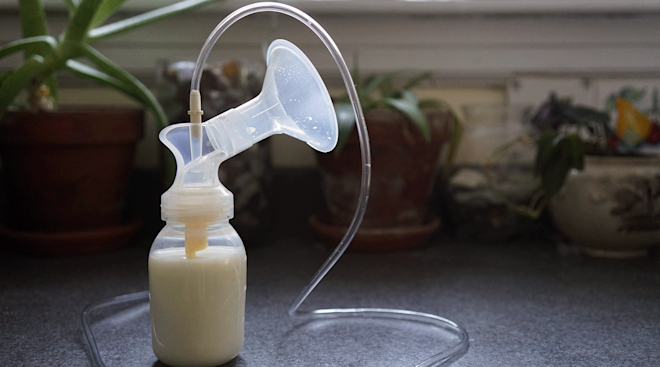More Moms Are Breastfeeding Babies—and for Longer, CDC Reports
While breastfeeding may be natural, sometimes it can be incredibly challenging. While fed is best—regardless of whether you breastfeed or formula-feed, now, a new report from the CDC is saying that more moms are breastfeeding their babies and for longer.
According to the CDC’s Breastfeeding Report Card for 2018, the numbers have steadily been on the rise—but just barely. In 2015, 83.2 percent of babies born started with breastfeeding. That number dropped to 57.6 percent for babies breastfeeding at 6 months and 35.9 percent for babies breastfeeding at 12 months.
The American Academy of Pediatrics recommends moms to exclusively breastfeed baby for approximately six months, and then continue to breastfeed and introduce complementary foods. Their recommendation is that moms continue to breastfeed for the first year or longer, depending on what’s desired by mom and baby.
The high rate of moms who start out breastfeeding shows that many American mothers would like to breastfeed baby, the report states. However, the percentage of infants breastfed exclusively through six months is only 24.9. Plus, 17.2 percent of breastfed infants born in 2015 received formula supplementation within the first two days of life. According to the CDC, this number indicates that more support needs to be given to new mothers by their healthcare providers, employers and family members.
While we are taking steps in the right direction—49 percent of employers provided a separate onsite lactation or mother’s room in 2018—there is a lot more work to be done. The report is a way of tracking the country’s progress on achieving the Healthy People 2020 goals for breastfeeding. While five out of eight goals have been met, there is still a lot to do when it comes to providing new moms with the breastfeeding support and resources they need.
Early postpartum can be an important time to establish a breastfeeding rhythm, if possible. But most new moms are already juggling exhaustion with a whirlwind of emotions—and breastfeeding isn’t always intuitive. If you know someone who’s struggling with nursing, check out our tips and positions to help make it easier.
Please note: The Bump and the materials and information it contains are not intended to, and do not constitute, medical or other health advice or diagnosis and should not be used as such. You should always consult with a qualified physician or health professional about your specific circumstances.
Navigate forward to interact with the calendar and select a date. Press the question mark key to get the keyboard shortcuts for changing dates.





















































